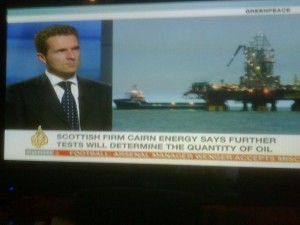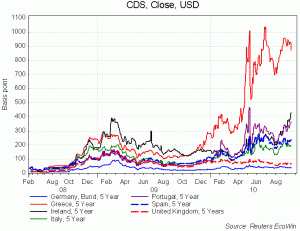SPACE: Britain’s New Frontier

Download here.
Britain faces an historic opportunity to be a major player in space and the government must rise to the challenge.
The EPC is the first British think tank to take a hard look at UK Space Policy and has found it wanting. Author, Jim Bennett, a space expert with over 30 years of experience at the highest practical and policy levels calls for radical redirection and a step change in political vision so that the UK can take a commanding position in the New Space Race.
Unlike the previous Space Race, dominated by state-owned entities, a new private sector is emerging which may be dominated by suborbital flight, led by Virgin Galactic who have yet to commit to a spaceport in the UK.
Whilst explaining the trajectory of the UK’s underperformance in Space which started with the implementation of the 1875 Explosives Act which prevented crucial rocket experimentation in the 1930s, the paper explains the genesis of the UK’s still significant niches (like satellite insurance and design) in the global space industry and makes the following policy recommendations;
Policy Recommendations:
1. The UK should broaden its cooperative perspective beyond Europe – 75% of funds are currently allocated to the European Space Agency.
2. The new UKSA must seek to take advantage of NASA’s international cooperative programmes which the UK has failed to do in the past
3. The Commonwealth States – Australia, Canada and India – all have areas of space expertise which the UK could successfully cooperate on.
4. Therefore the UK should aim to cooperate with Canada which has expertise in radar imaging satellites
5. And with Australia which has extensive launch ranges
6. As well as with India which has across the board capabilities including launch vehicles, satellites and now interplanetary probes
7. The UKSA should send key personnel to Ottawa for an extended stay at the Canadian Space Agency to study what a small-to-medium scale agency can accomplish
8. The UK should explore collaboration with Canada and Australia on dual-use (civil and military) space technologies and systems like communications and earth observations satellites to leverage UK defence investments in space and the high level of trust of the USA on technology-export issues
9. The UK should seek to learn and copy from the Isle of Man’s favourable operating environment for space commerce
10. The UK should seek to develop a civil regulatory framework for spaceflight and space activity that attracts capital from all round the world
11. The UK should seek to actively earn from the USA’s deep experience of licensing launch sites and spaceports with a view to the future licensing of sites like Lossiemouth in Scotland
Says author, Jim Bennett;
“Britain faces an historic opportunity to be a major player in space and the government must rise to the challenge“
“You don’t need Astronauts to have a successful space programme. The New Space environment now offers British entrepreneurs, financiers and scientists to take a seat at the main table on their own terms”.Bennett also says that the UK is failing to exploit its connections with the USA and the Commonwealth to advance its own space programme;
““Britain has networks of close ties, experiences, and mutual trust not just in one direction, but in three: Europe, the USA, and the Commonwealth. It should seek to maintain its existing productive ties with Europe, exploit the ease of business between the US and Britain to develop New Space entrepreneurship, and enhance its cooperation with the often-underestimated capabilities of Canada, Australia, and India”.










